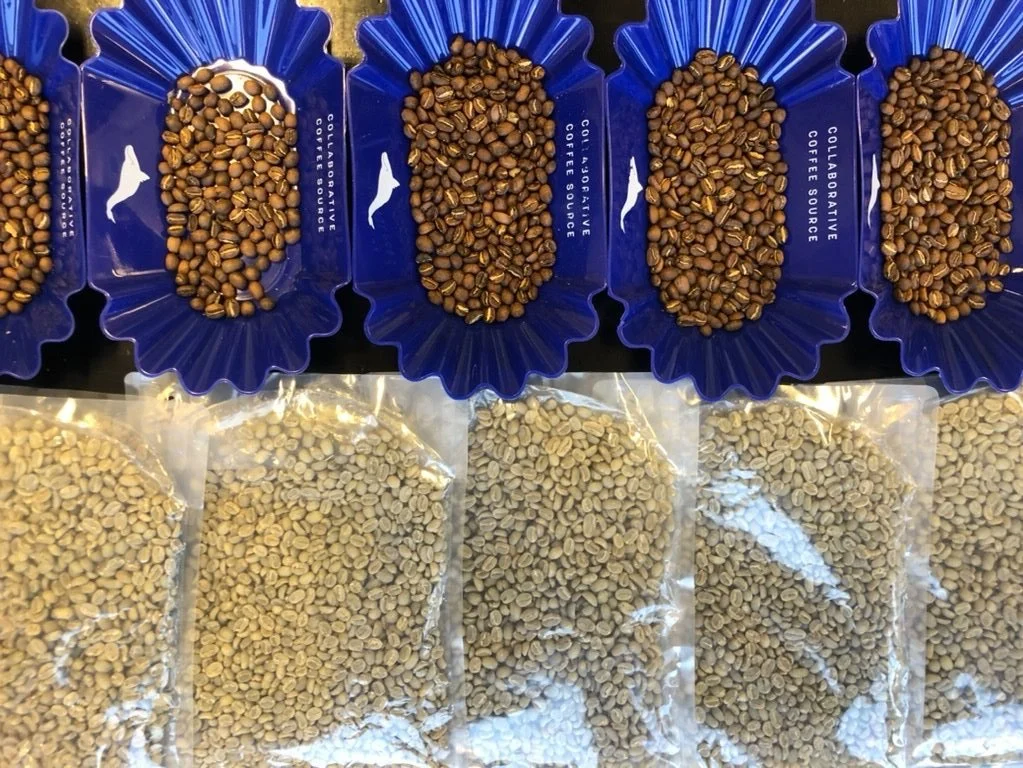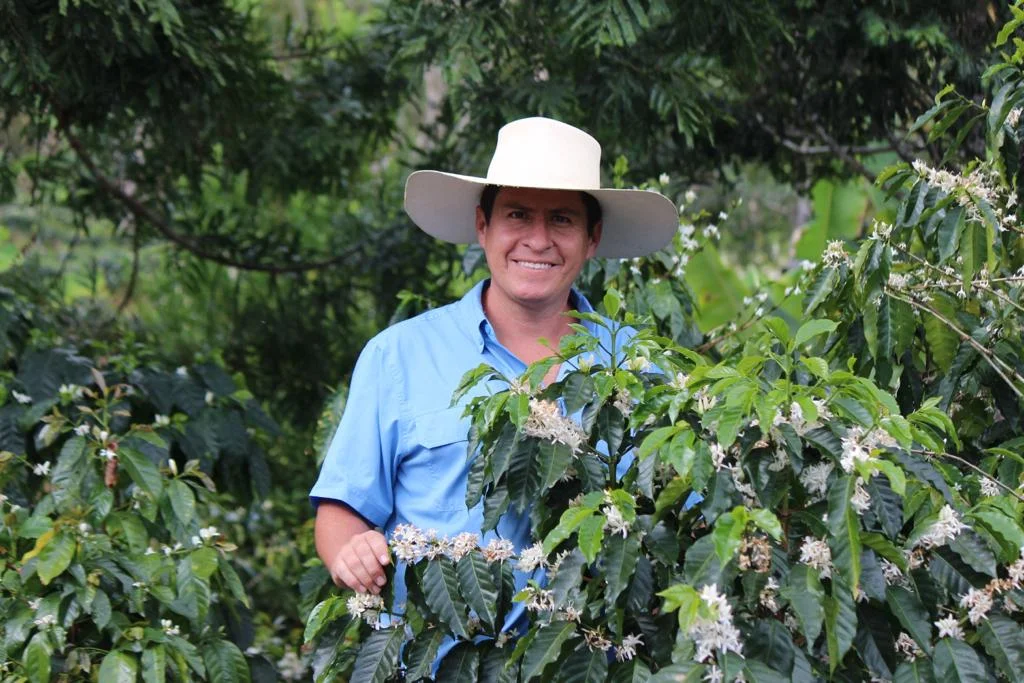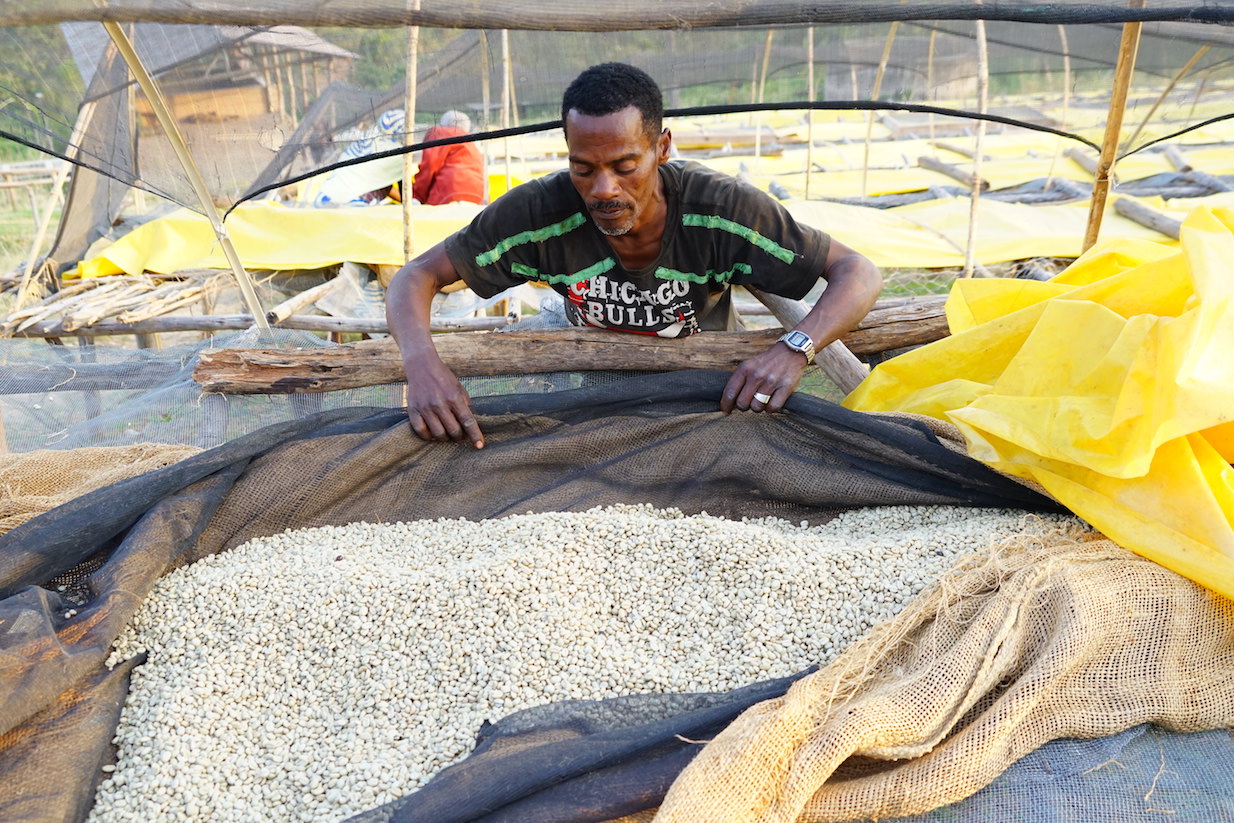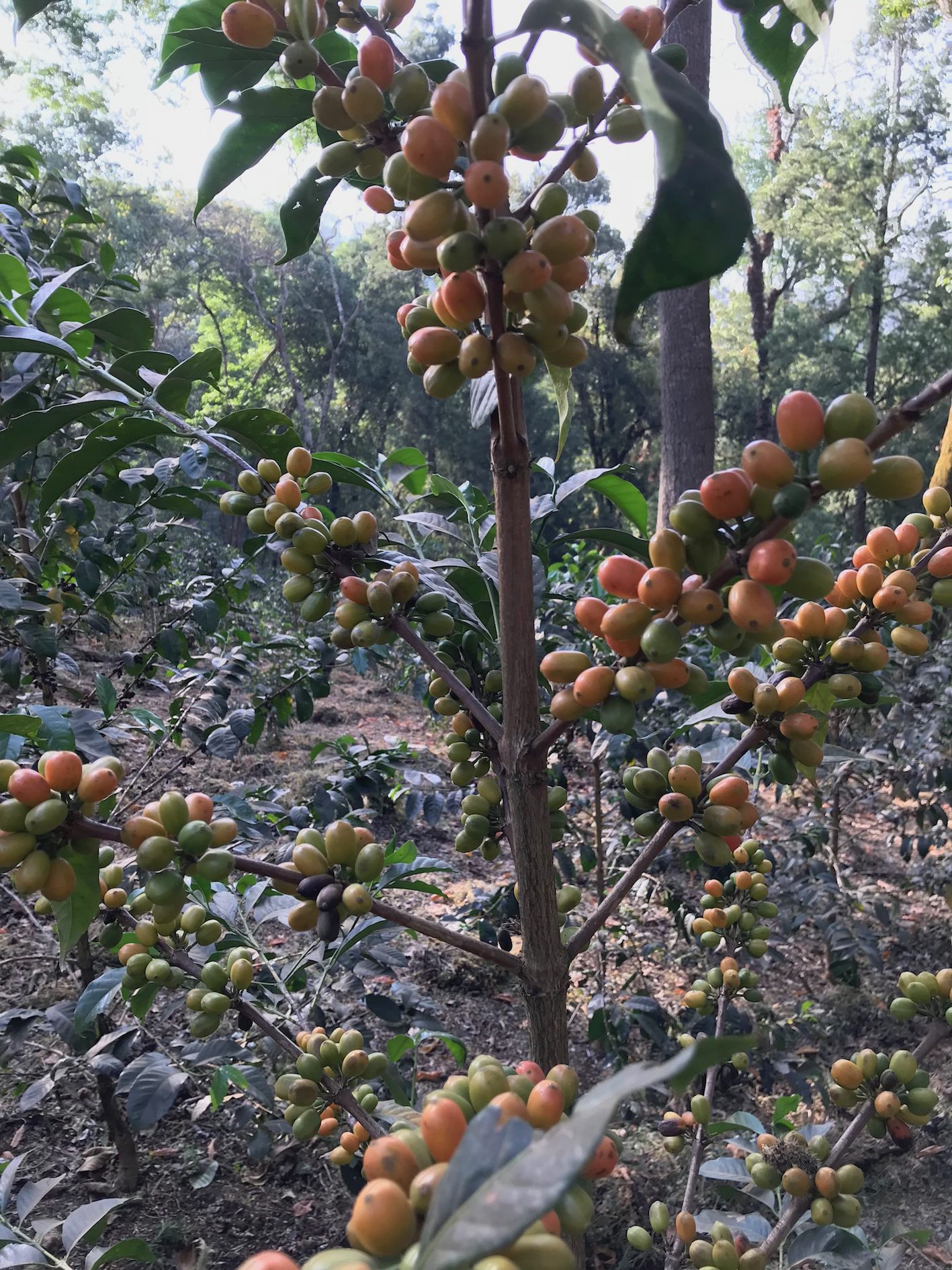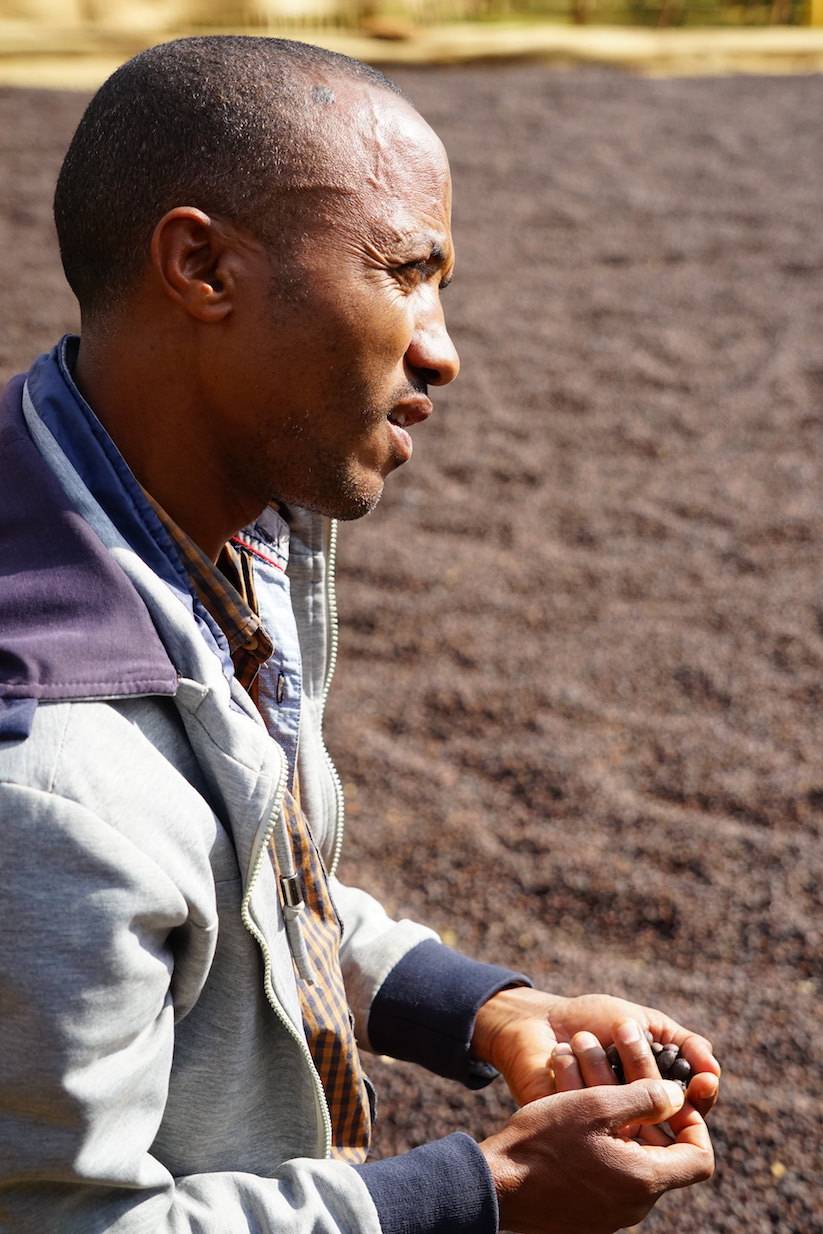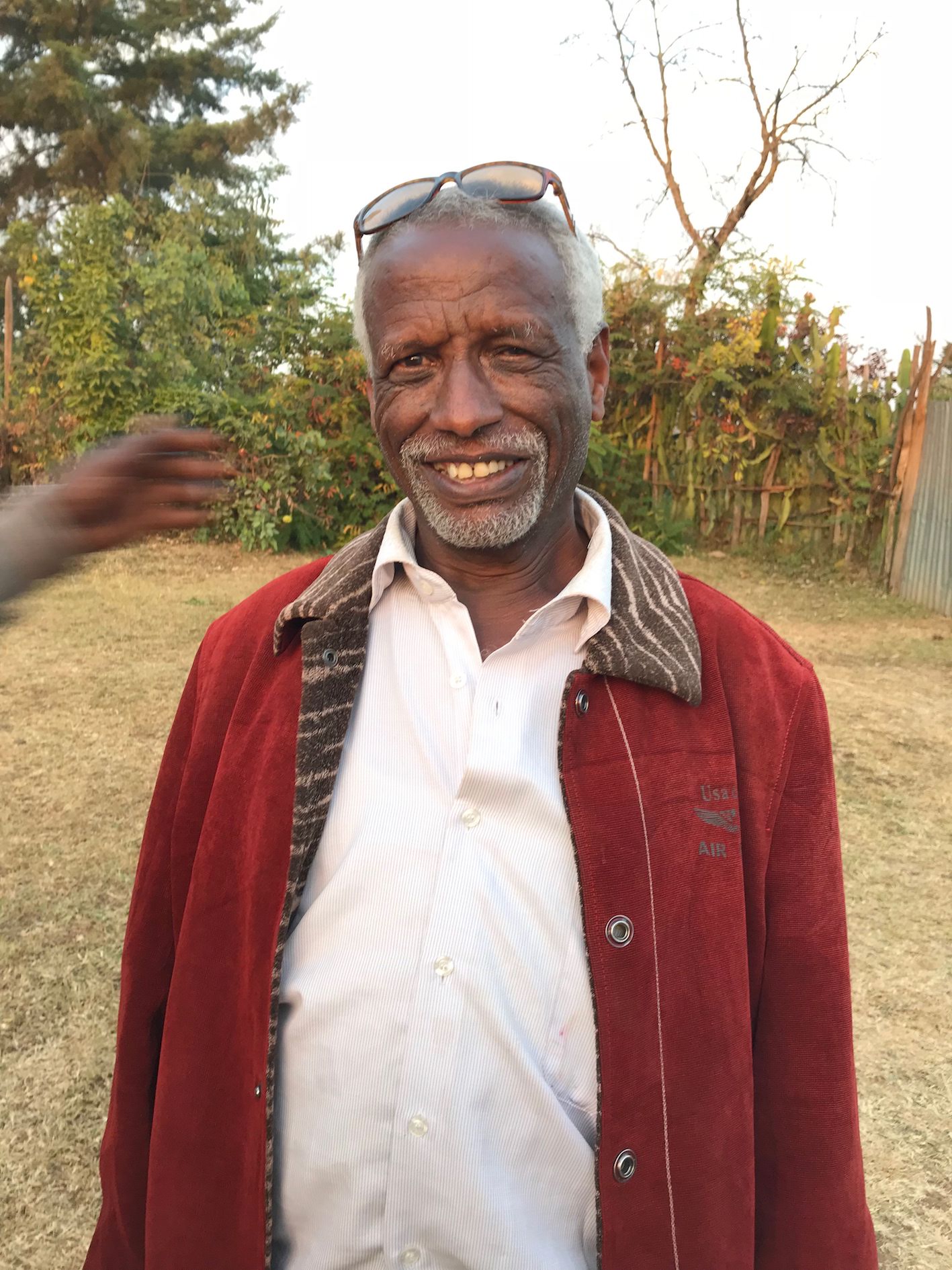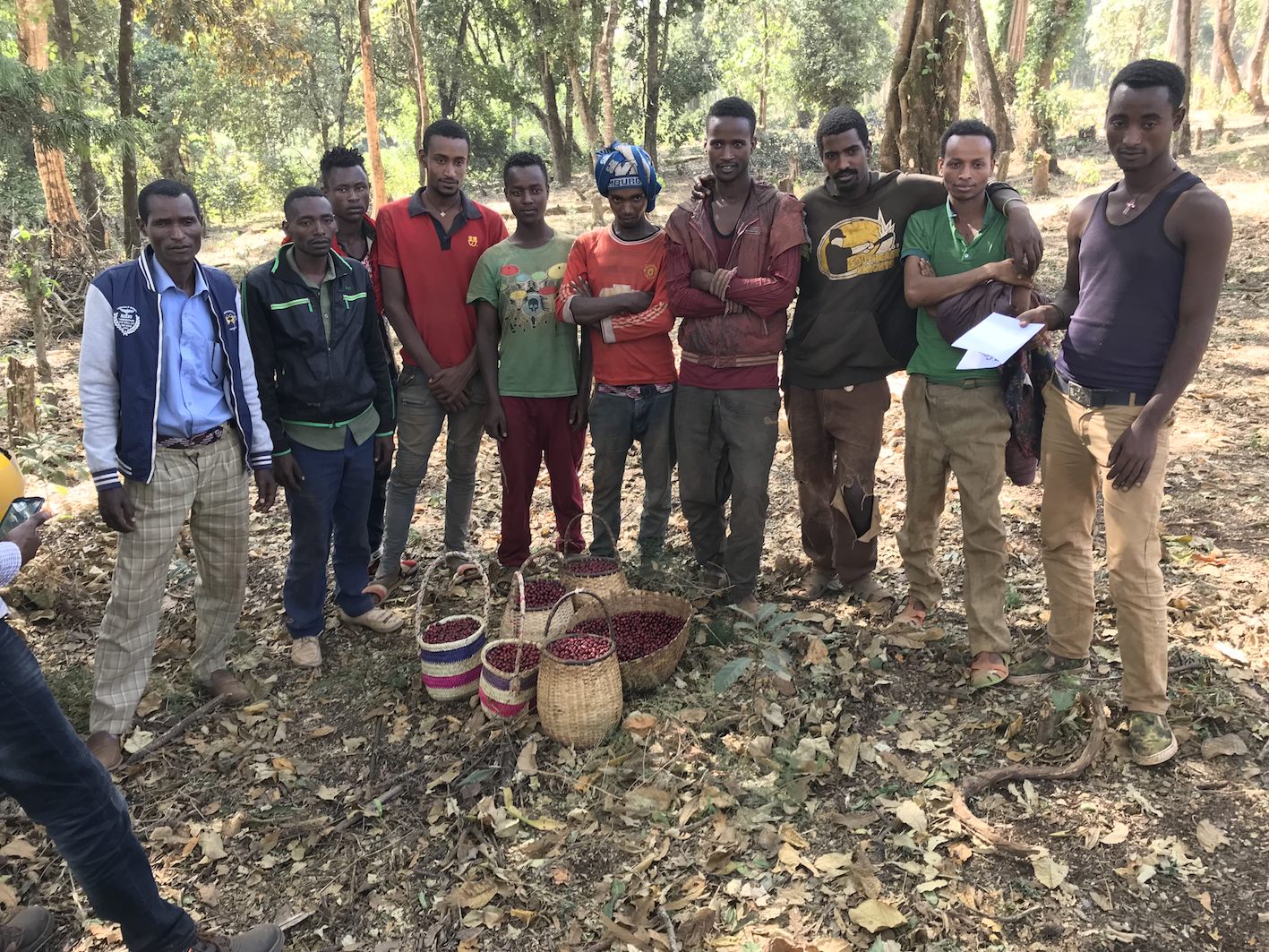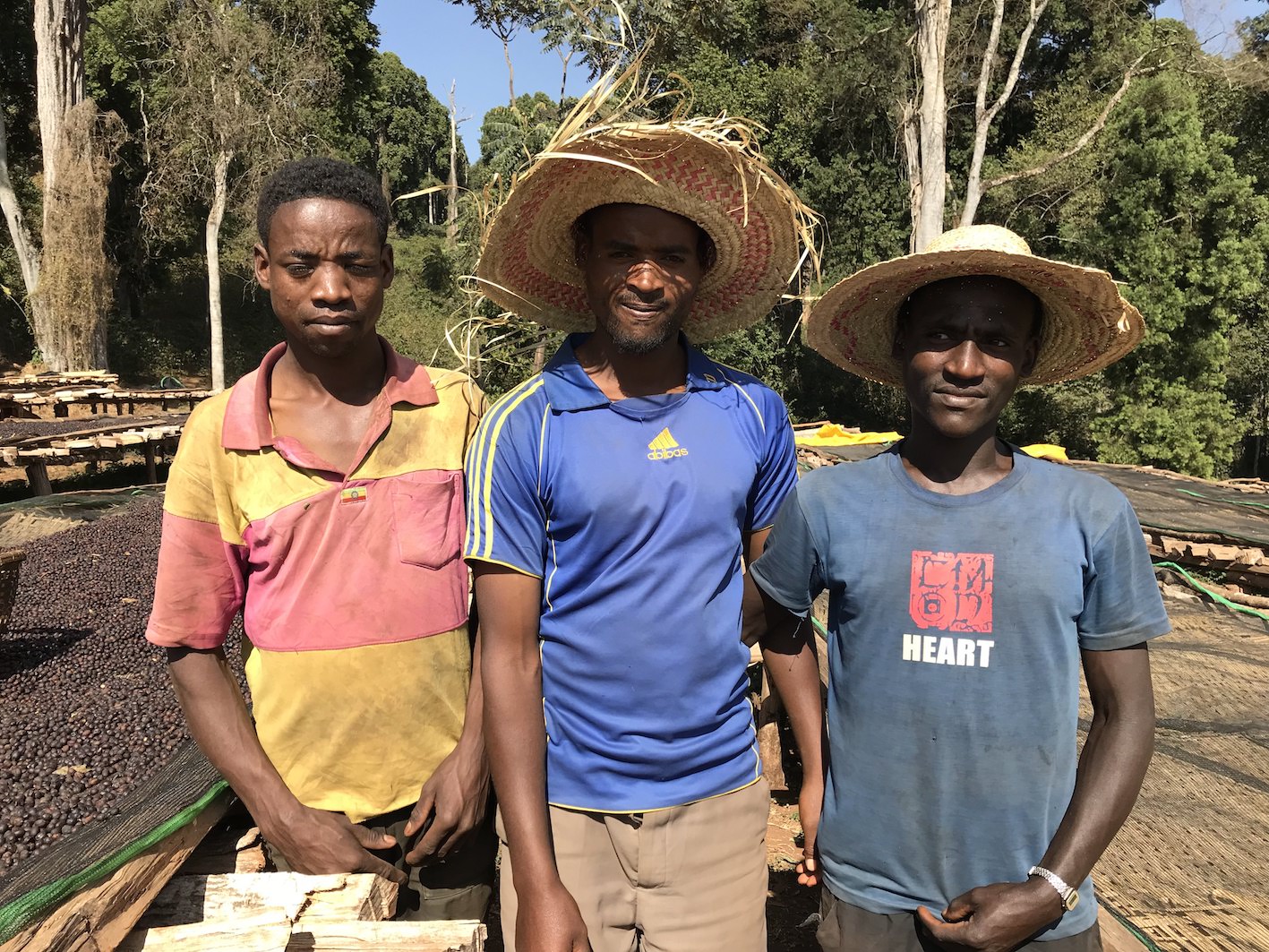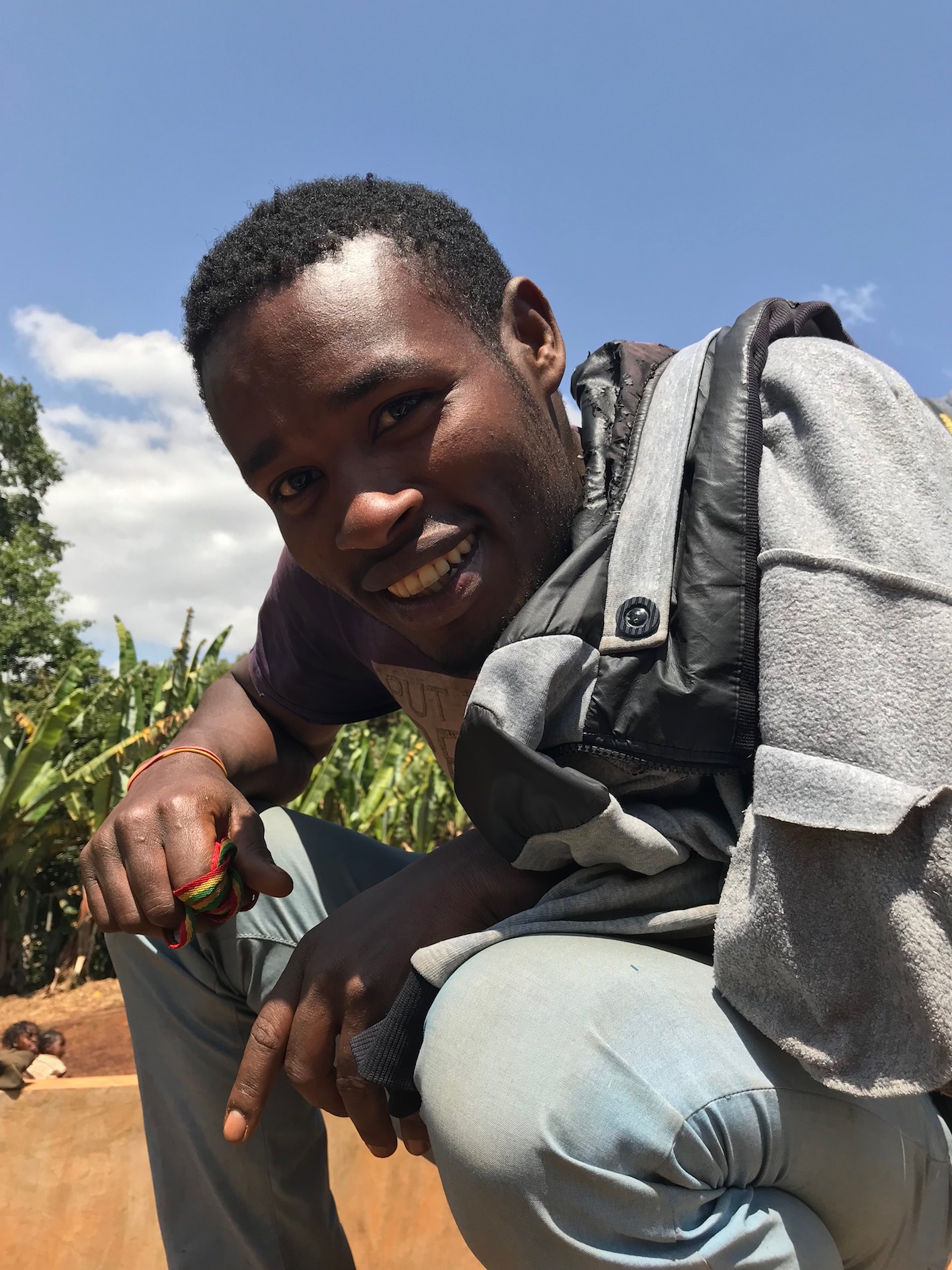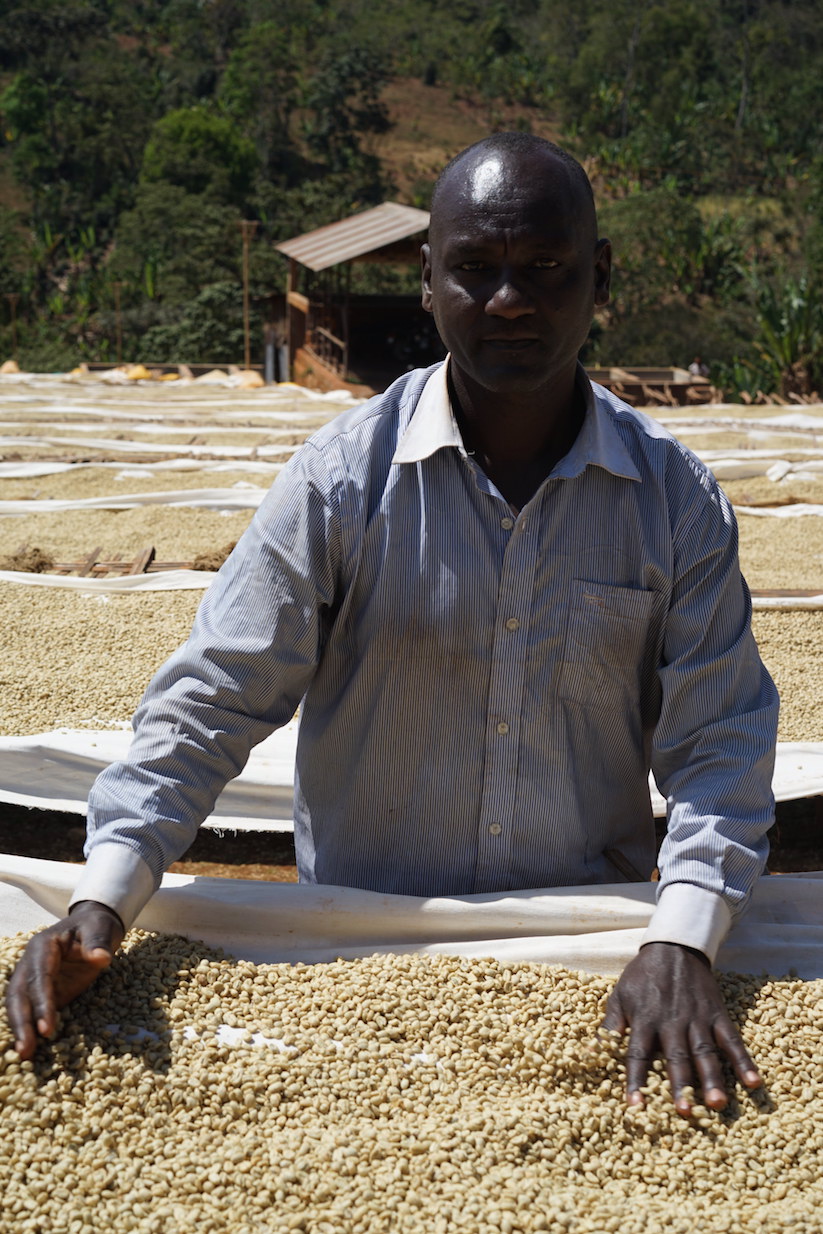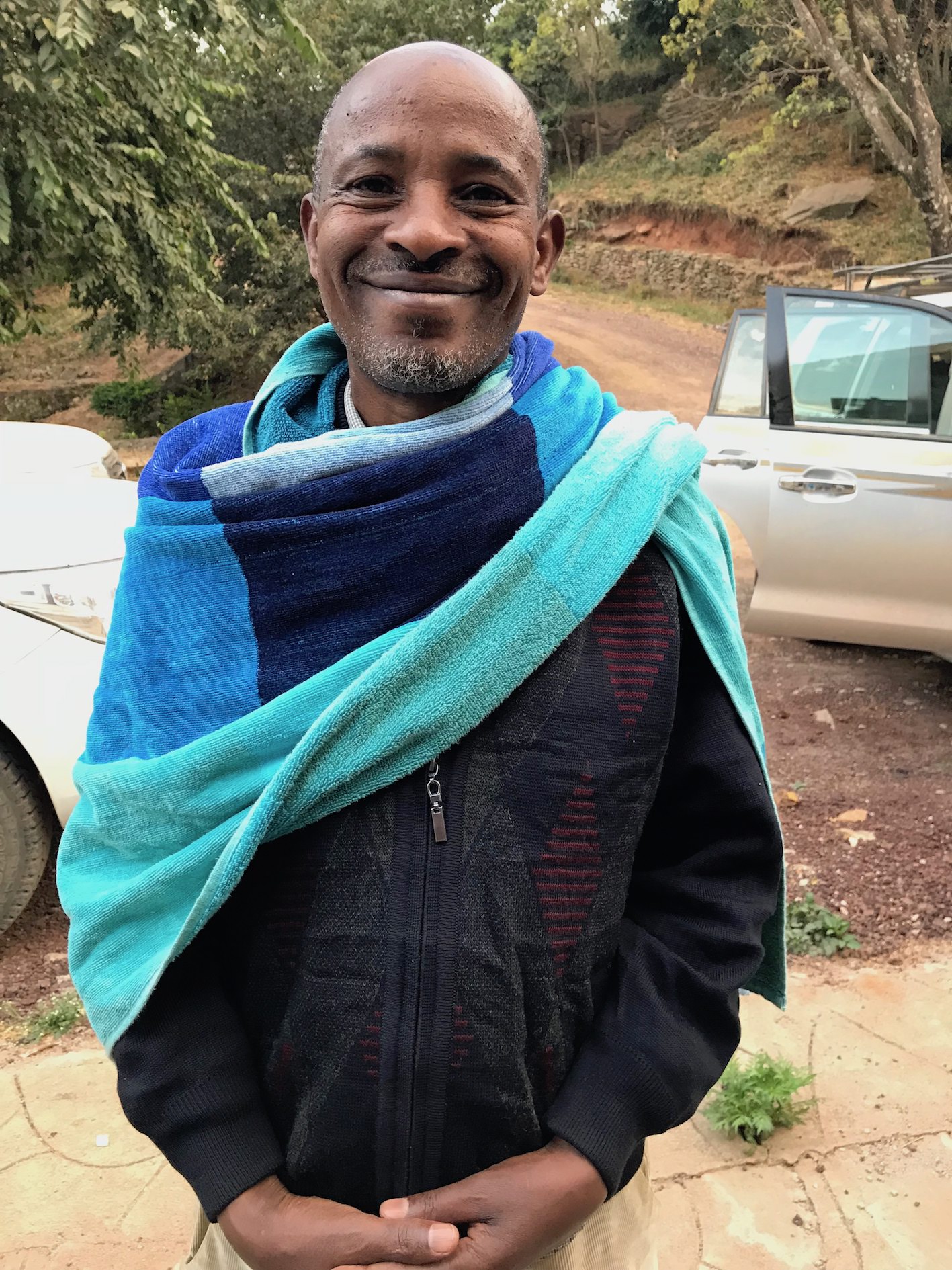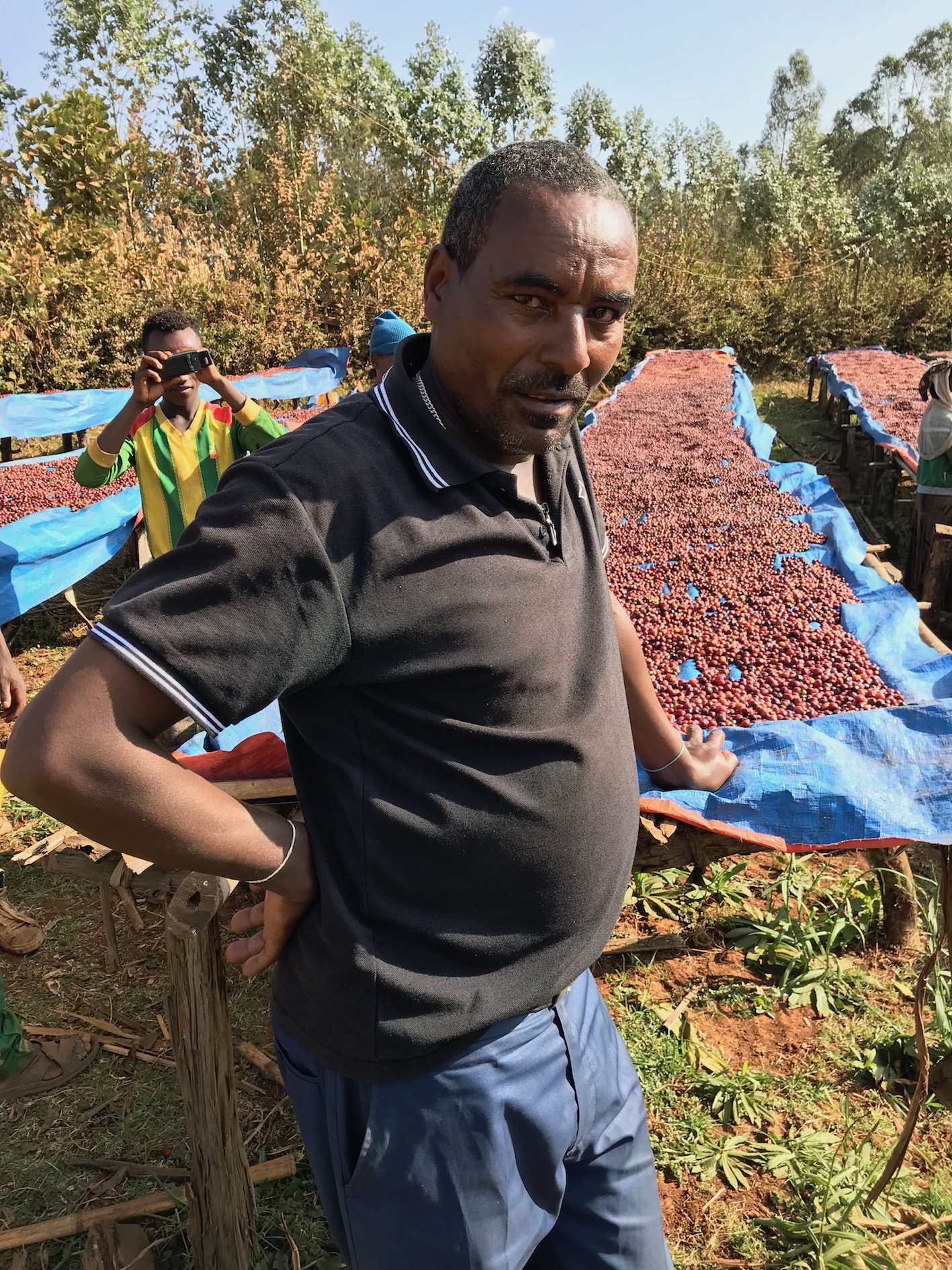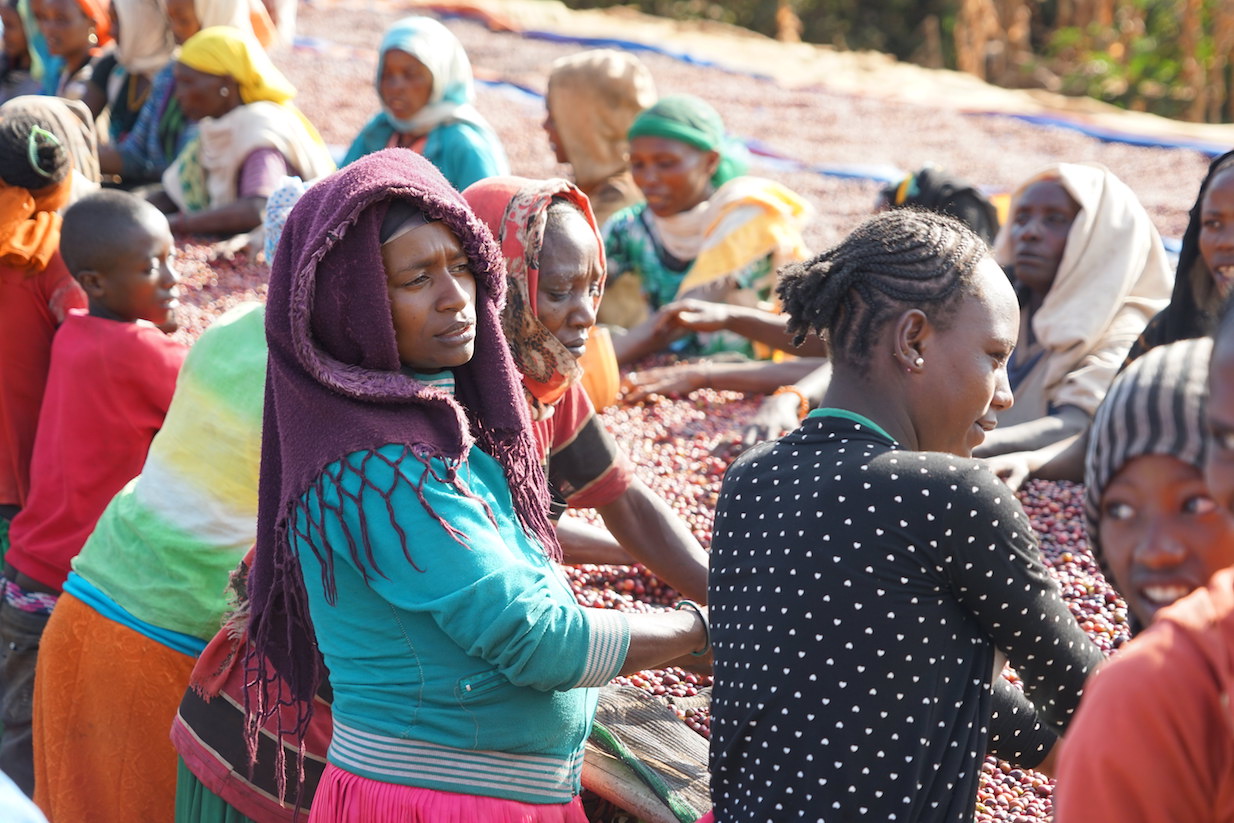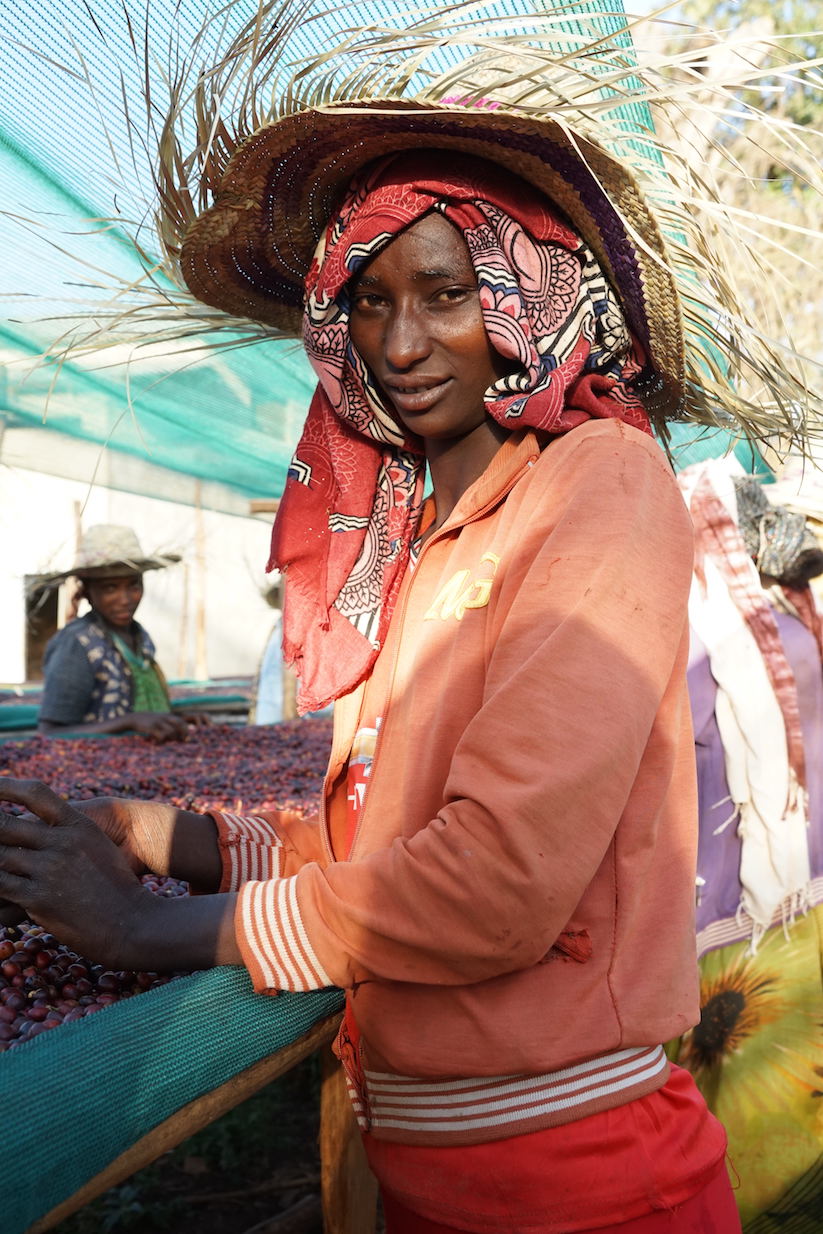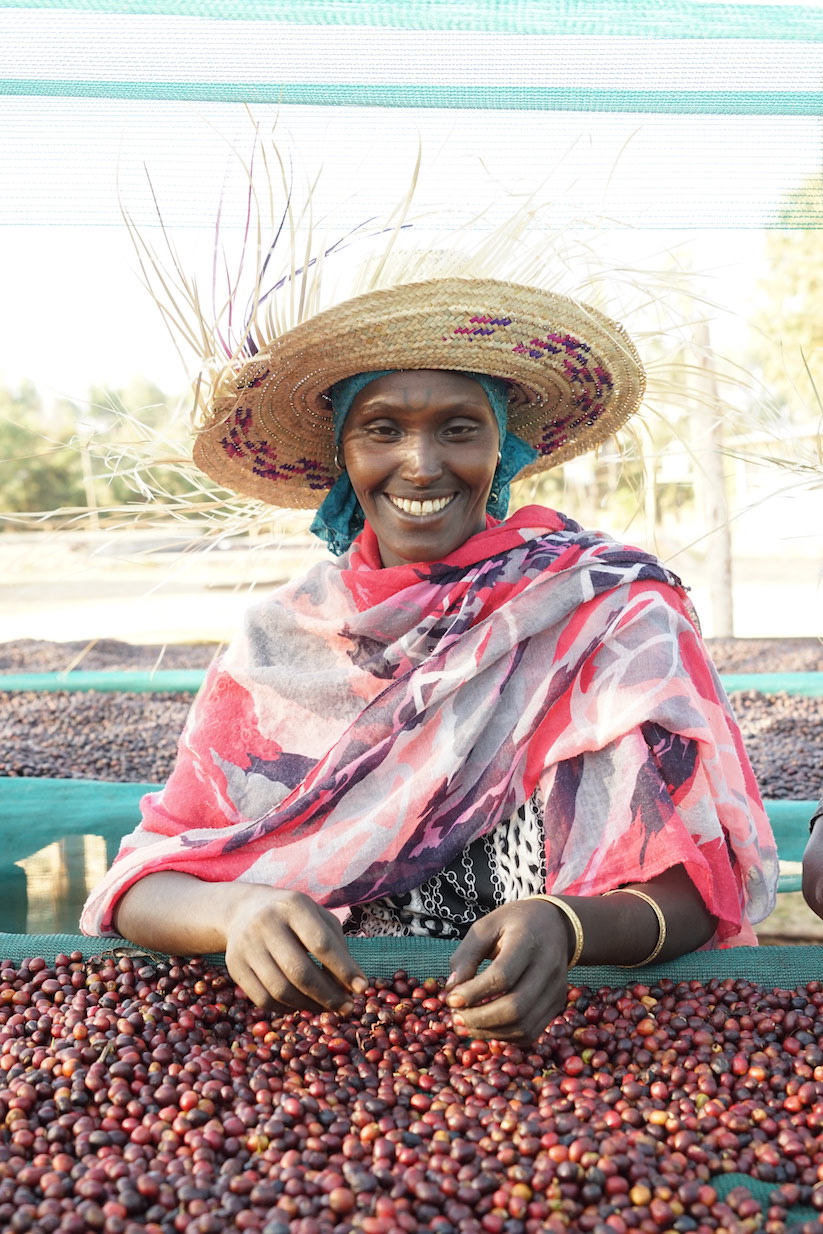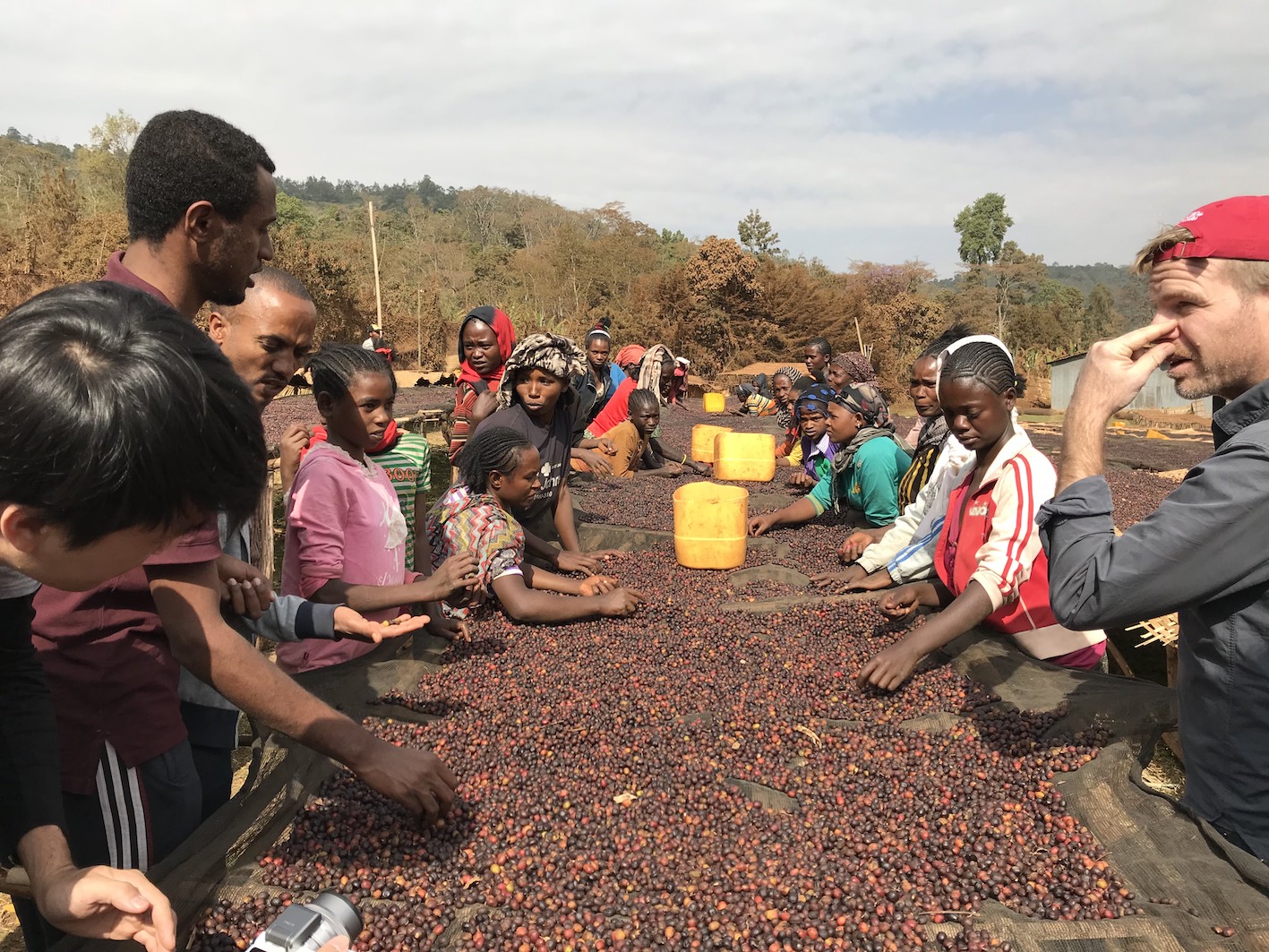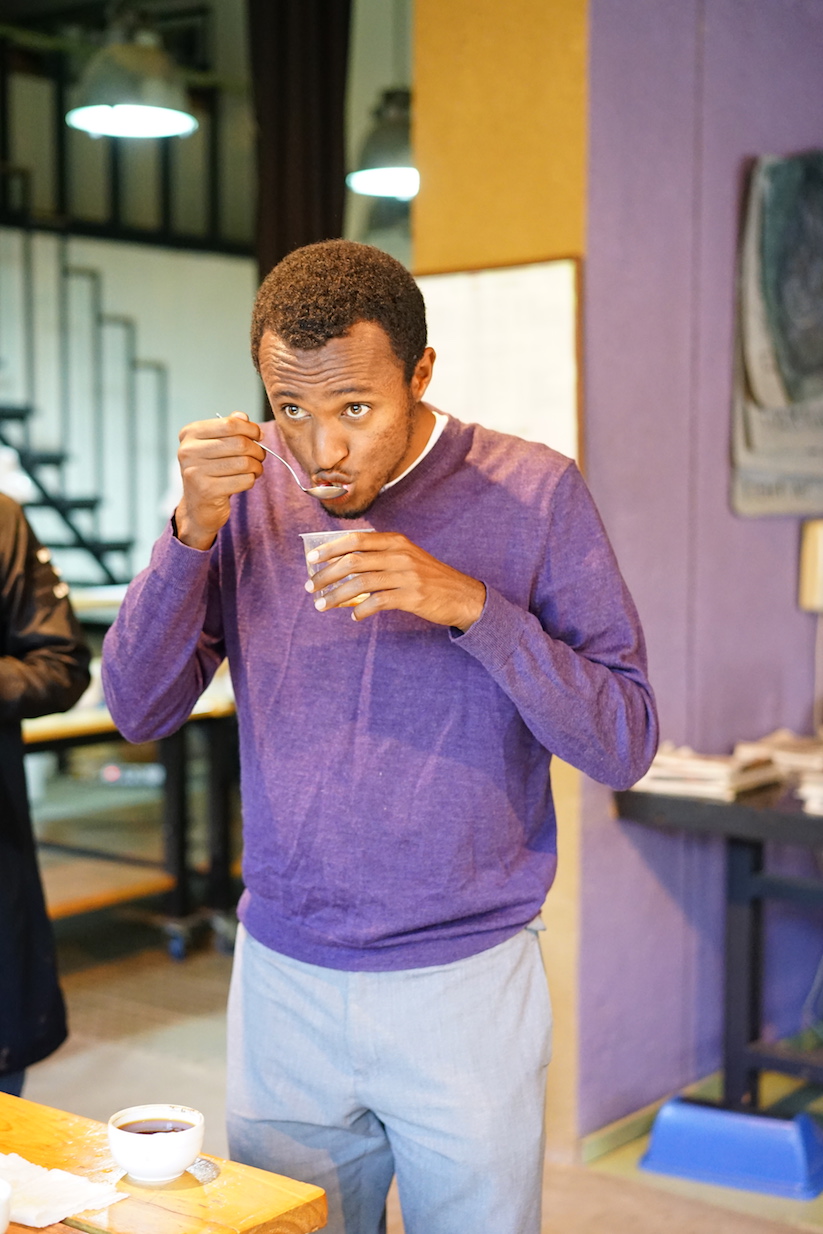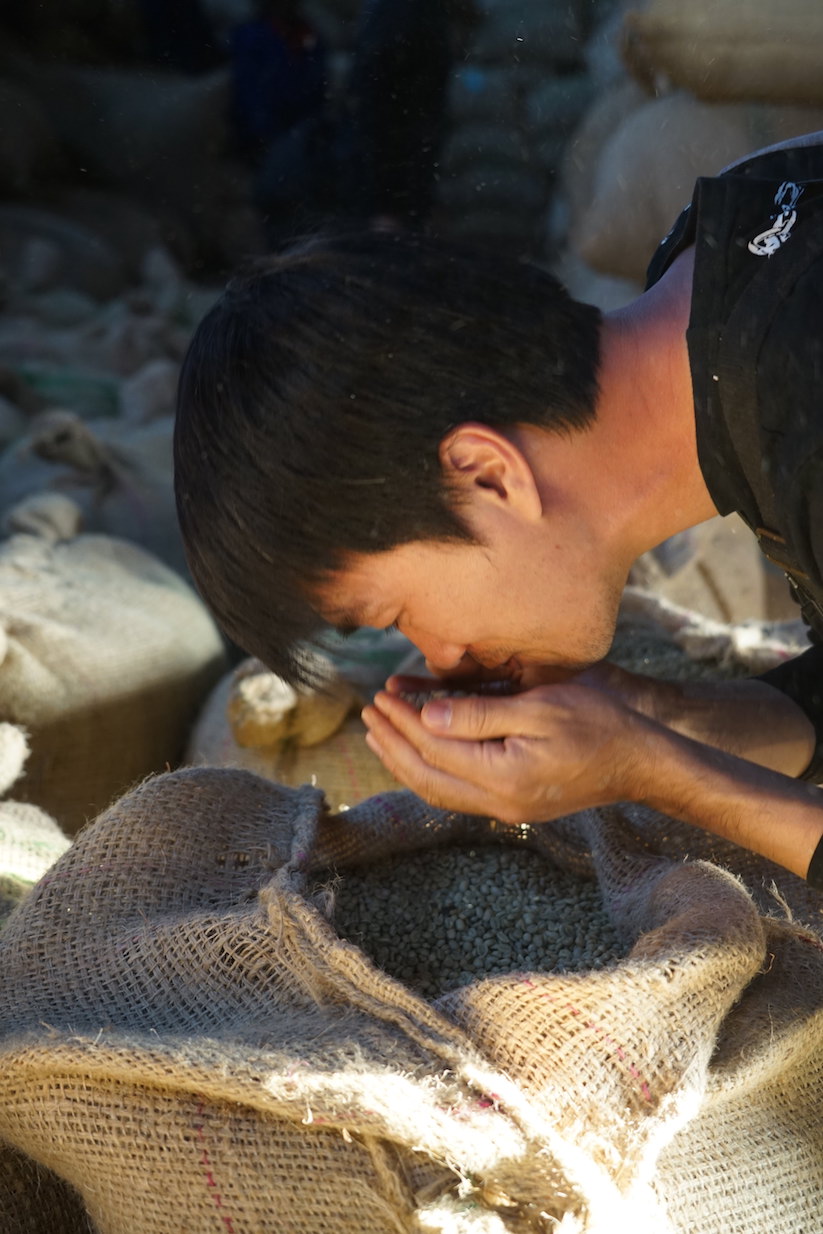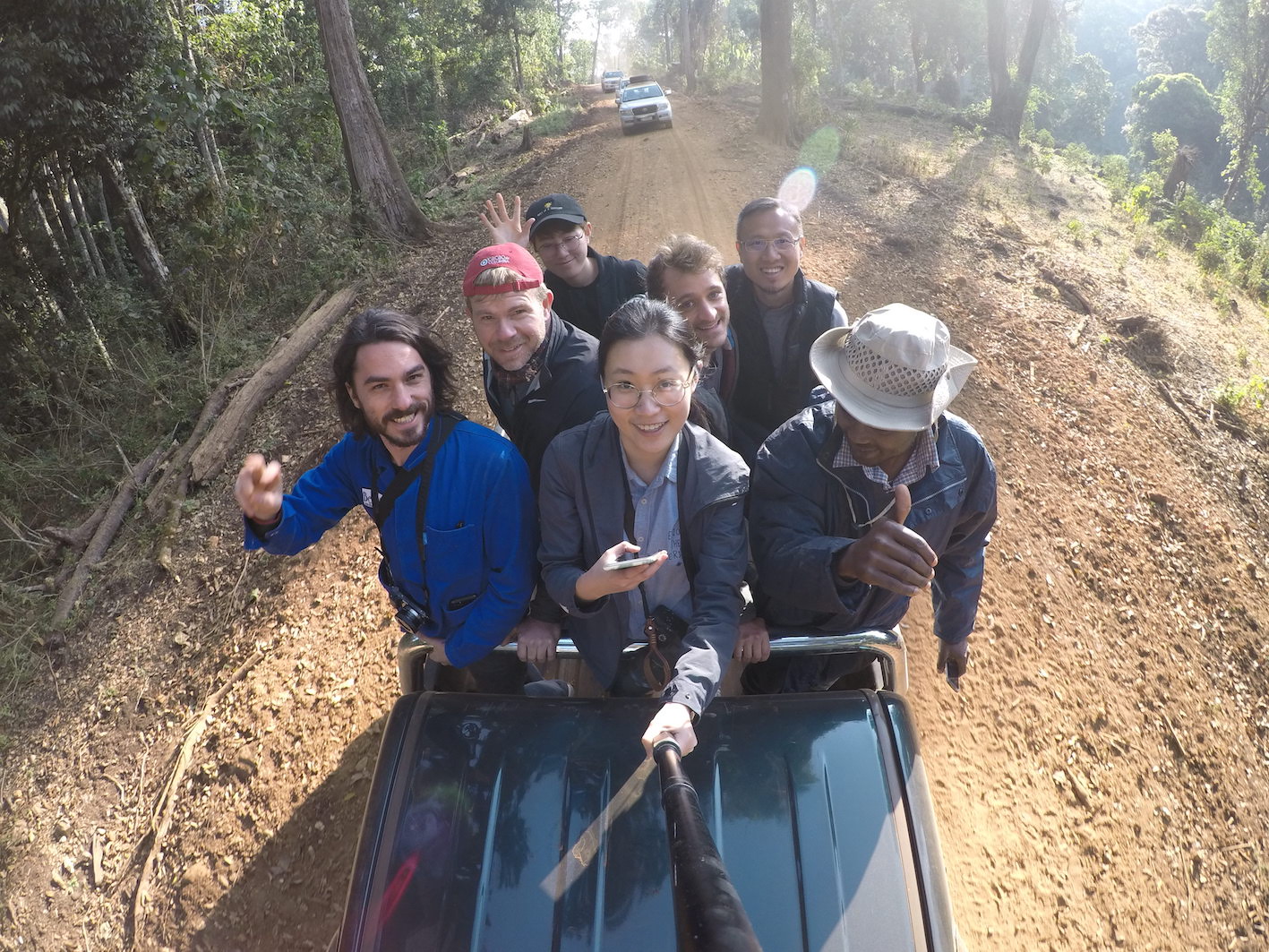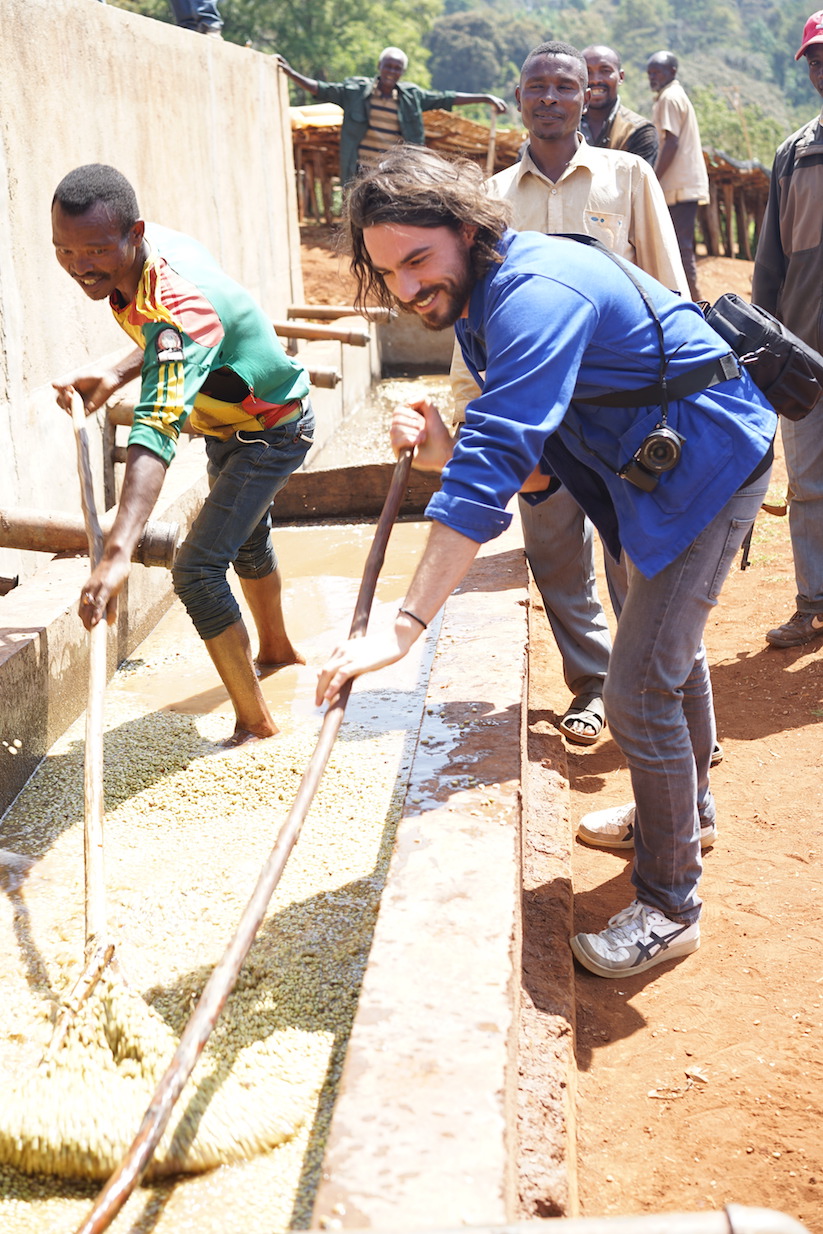Win a Trip to the next CCS Acevedo Cup!
Join Collaborative Coffee Source and Fairfield Trading at the Café de Colombia booth on Sunday April 22 for this cupping competition of select Colombians from Huila and Tolima. Hosting this special event is Walter Acevedo, roaster at Amor Perfecto and Colombian Cup Taster Champion 2017, who will go on to represent Colombia at the 2018 World Cup Tasters Championship.
Café de Colombia Booth
SCA Specialty Coffee Expo
Sunday 22 April
10am
How the CCS Colombia Tasters Challenge will work:
Before the competition commences, each cupper will taste the four coffees and learn their origins.
Round 1:
There will be four sets of three cups. Two cups in each set will contain the same coffee, the third cup will contain a different coffee. Cuppers must identify the different coffee. Cuppers have four minutes for this task. The finalists are those who correctly identify the different coffee, in the largest number of sets, in the shortest amount of time.
Round 2:
Two finalists will go head to head with eight sets of triangulation.
The winner:
The cupper who can identify the different coffee in all eight sets, and correctly identify the origin of the differing coffee in at least five of the eight sets will be awarded the prize.
The prize:
Fairfield Trading will provide the winning contestant with return flights to Huila, Colombia, to attend the CCS Acevedo Cup, 2019!
Sign up for the CCS Colombia Tasters Challenge
The ten contestant spaces have already been filled. If you would like to be on a stand by list, in case a contestant has to pull out, please fill in the form below.
About the CCS Acevedo Cup
Acevedo is a municipality located in the south-easternmost corner of the Huila department of Colombia, wedged in the fork between the central and eastern cordilleras (mountain ranges) where the Colombian Andes split into three distinct mountain ranges (the western, central and eastern cordilleras). Just beyond the central and eastern cordillera convergence is jungle and thus, moist, cool air. This cool air simulates increased elevation, and creates many different microclimates with diverse humidity, temperature and rainfalls, leading to varying and ideal coffee-growing conditions.
Our partners, Fairfield Trading, have committed to developing this region. They have a buying station in Acevedo town, and their professional and dedicated team have developed strong working relationships with producers in the region, advising on agronomic and processing improvements, lifting the cup quality considerably.
The first CCS Acevedo Cup was held in December 2016, and the second in January 2018. The intention is to hold an annual event, but of course, we must schedule the competition according to the coffee harvest, which was a little later this time around.
The impact of these events should not be underestimated. The recognition and financial reward that comes with placing in the top 20 coffees in this competition is a great incentive to invest the time, energy and money required to produce specialty coffee. The financial reward also allows farmers to invest in infrastructure and plantings that further improve their cup quality. And, above all, events like these bring a community together, which creates an opportunity for collaboration. The Acevedo coffee producing community is particularly strong, with leaders like Ciro Lugo, whose gentle guidance and experience has lifted many farmers into the specialty market.
The top twenty lots from the CCS Acevedo Cup 2018 are already in Europe, and arriving soon in the US. To discover these varied and delicious coffees for yourself, see our Colombia offers list and order your samples.
The coffees
Get a head start in the competition. Read all about the coffees we'll present for the CCS Colombia Tasters Challenge. Full farmer information sheets can be downloaded from this Dropbox folder.
Astrid Medina with Eduardo Urquina (left) and Alejandro Renjifo of Fairfield Trading, and Robert W Thoresen of CCS.
Astrid Medina, Planadas, Tolima
We are in awe of Doña Astrid, both as a producer and as a person. Growing up in a part of Colombia that was one of the worst affected by the country's internal conflict, Astrid suffered, like most of her friends, family and neighbors. But Astrid found purpose in coffee and family. Her dedication to her finca and her coffee inspires us.
Download the Astrid Medina Farmer Information Sheet.
Jair Caicedo, winner of the CCS Acevedo Cup 2018
Jair Caicedo, acevedo, Huila
Jair was the winner of the CCS Acevedo Cup 2018. The announcement of his name elicited a gasp from the audience, as the young producer is only 26! We are obviously watching this producer very closely.
Download the Jair Caicedo Farmer Information Sheet.
Julio Olaya, Ibague, Tolima
Julio is a second generation coffee producer who inherited his lot of land from his parents. He was inspired to work towards producing specialty coffee when his neighbor, José Arangel Rodriguez, won a specialty competition organized by the Colombian Coffee Growers Federation (FNC). Realizing the potential for the region, Julio and his wife Yanet Rincón requested training in cultivating, collecting and processing for quality, and sold their first specialty lot to Fairfield Trading in 2017.
Download the Julio Olaya Farmer Information Sheet.
Julio Olaya, a new entrant to the specialty market.
Maria Bercelia on her farm, Los Angeles
Maria Bercelia, Acevedo, Huila
Another rock star of specialty coffee, Maria and her family stand apart from most coffee producers, possibly because they are all first generation farmers. Previously the family ran a hardware store in a part of Colombia badly affected by the internal conflict. For their safety, and to build a more stable financial future, Maria and her husband Jose Erazo purchased a plot of land in Acevedo, and the entire family began cultivating coffee. Maria's farm, Los Angeles, has a set up unlike any other. Without generations of knowledge and tradition, the family approach each challenge with a fresh perspective, a difference that can be tasted in the cup.
Download the Maria Bercelia Farmer Information Sheet.

